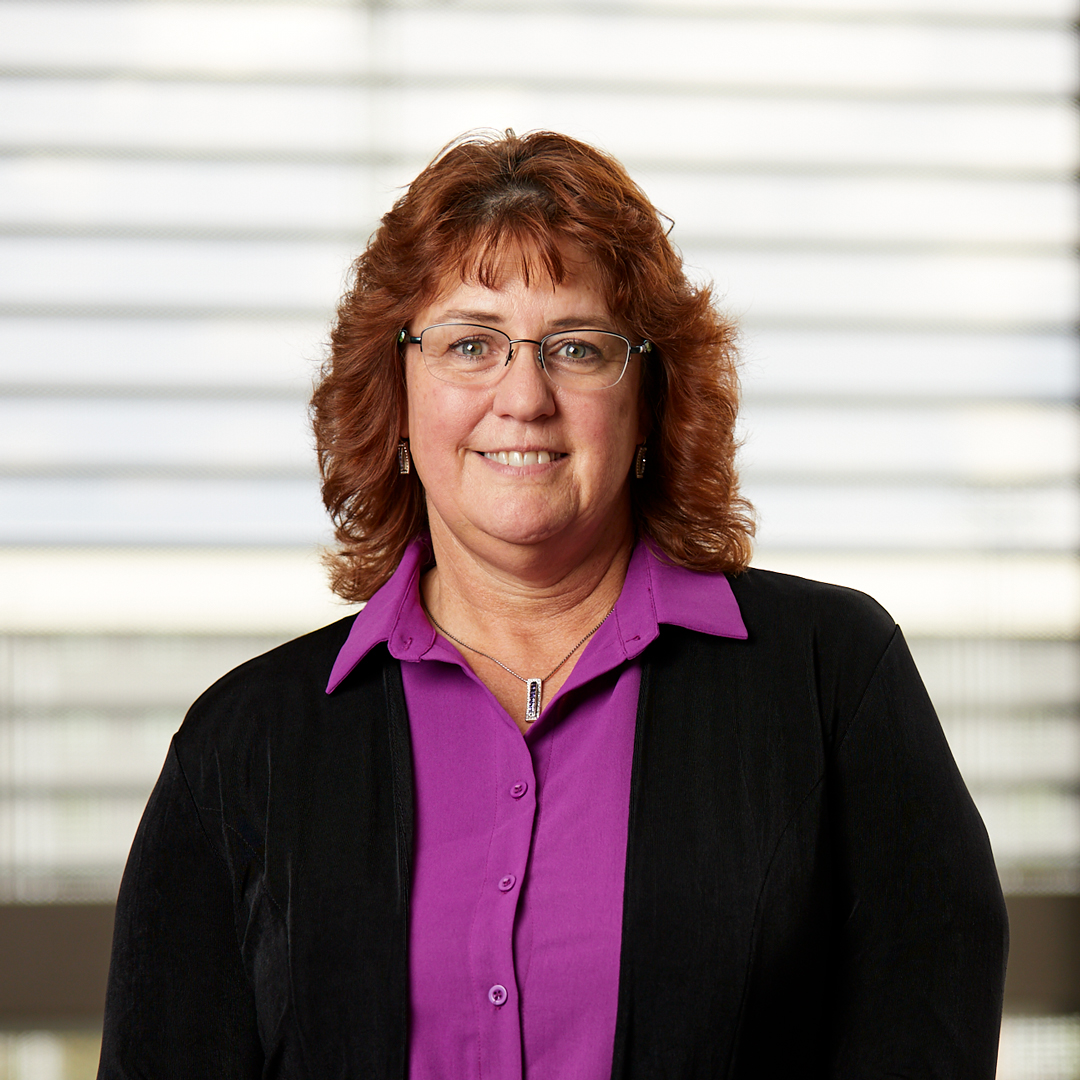Early in his business career, Rich Tinnon knew he wanted to be a chief financial officer. His background was in public accounting, but he loved the idea of being part of the deal-making process, where he could play a role in evaluating high-level financial transactions that would impact a company long-term.
However, the first time got his chance, he wasn’t sure he was cut out for it. After various positions—as an accountant, treasurer, and financial planner—he had the technical and financial acumen to join KeyBank as the CFO of their leasing business in 2005. Tinnon entered the company during a tumultuous time. There were a number of important decisions he was faced with right off the bat that tested his then little-used leadership muscles. As the company completed a merger, Tinnon had to figure out how to combine key financial units from other offices across the country into the Denver office—while also figuring out how to keep employees happy in the short term so that they wouldn’t immediately jump ship.
“There was a lot of organizational thinking and working to not have key people walk out the door,” Tinnon says. “As a CFO, you’re spending more of your time either on strategic things or the personnel side, and it was the personnel side that I didn’t have a lot of experience with. That was all new to me. And frankly, it was like, ‘I just want to focus on finance stuff, not all this organizational personnel stuff.’”
But he persevered, organizing divisions, learning what made the employees tick, how to motivate them, and how to get them to the right position—for themselves and the company, whether for the short term or the long term. Tinnon learned how to grapple with measuring and understanding something that couldn’t be defined in a ledger or decoded through financial analysis.
In 2013, Tinnon found additional opportunities to focus on building a strong team. As CFO of First National Bank of Santa Fe, a bank holding company that had just acquired three banks in New Mexico and Colorado, Tinnon had to build an accounting and finance team using existing personnel and supplementing it with new hires.
He thinks about those lessons often as the new CFO at Hilltop Bank, in Casper, Wyoming, a position he assumed in late 2017. The bank is now one of Wyoming’s biggest, having started in as a tiny operation in a strip mall before growing into a major family-owned bank with interests in energy and ranching.
“We have to give people access and let them screw up.”
Tinnon loves the bank’s family feel and dedication to customer experience. A certain Wyoming politeness permeates, too. But, just like during his time at Key, Tinnon finds himself learning new skills while leaning on his now strengthened leadership skills to help Hilltop plan for the future.
He came into the company with a different sort of challenge than in his previous positions: responsibility over things big and small had been handled by a tiny staff under the leadership of his predecessor. Because responsibility hadn’t been widely shared, other employees didn’t know enough about how the bank’s processes worked; Tinnon knew he wasn’t going to be the one handling both the bank’s finances and operations. “Personally, I knew I’d have challenges and I said so right up front in the interview,” he says. “I said, ‘You’re not going to find someone who has the finance and operational skills. We have to figure out how to make the operational work.’”
In some ways, that transition was the right way for Tinnon to find himself in a position to work closely with key employees, and he empowered them to learn the operational ropes and take on leadership roles. His continued push to identify and delegate to leaders who can take on new tasks fits with his vision for how the company can modernize its workforce, and it gives more employees a chance to learn and rise within the organization. “We have to give people access and let them screw up,” Tinnon says.
Tinnon is seeing a thaw in the bank’s traditional culture. It wasn’t long ago that the bank did away with mandatory ties for men and pantyhose for women in the office. (Ditching his tie was a delight, Tinnon adds.) The bank’s family owners have indicated that they are in the business for the long haul, and they want to invest in it and grow and make acquisitions. To that end, the bank has executed newer, more modern branding.
All of this points to a prosperous future for the bank, Tinnon says. But to begin executing on its new ambitions, he has found himself reassuming the role of coach and leader. He is the rare sort of CFO who is pushing for competitive raises to ensure key people grow with the company and are offered more responsibility and chances to excel.
“Sometimes the old school managers think, ‘Well they’ve got to pay their dues,” or, “They don’t have this skill set,” or, “They’re not the perfect employee yet,” Tinnon says. “But that doesn’t mean they’re not a high value.”
One of Tinnon’s peers at Hilltop recently remarked that they had never seen a CFO with so much financial experience stress the “softer side” of business development. But Tinnon has learned that’s what builds great companies. “I know personally, if I’m feeling good, my productivity will be off the charts,” he says. “And if my productivity is higher when I feel good about where I work, then why wouldn’t it be the same for other people on my team?”
Tinnon jokes that he’s “supposed to be the finance guy,” and he is—with one key difference: while at one time in the past he dreaded and felt a bit overwhelmed as a CFO charged with employee development and mentorship, he now finds himself patient, relishing the role.
For over fifteen years, RSM has partnered with Hilltop National Bank. RSM delivers high quality accounting and business advisory services to assist Hilltop in making confident business decisions that build their future. RSM has brought fresh insights and tailored expertise to clients like Hilltop National Bank for over ninety years.

